Old Bulgarian villages with cozy guest houses, silence, walks in nature and delicious homemade food. Rural tourism is becoming a preferred form of recreation, especially among families and young people who choose an eco-friendly lifestyle and want to minimize their carbon footprint.
And if a few years ago a holiday in the countryside was the more budget alternative for a holiday, now the trend is turning. The prices of a night in a country house in Bulgaria, with all the comforts and extras, are comparable to those in 3-4 star hotels. However, in many places they offer sustainable practices, such as energy-saving systems, recycling and the use of environmentally friendly materials, as well as various activities in nature.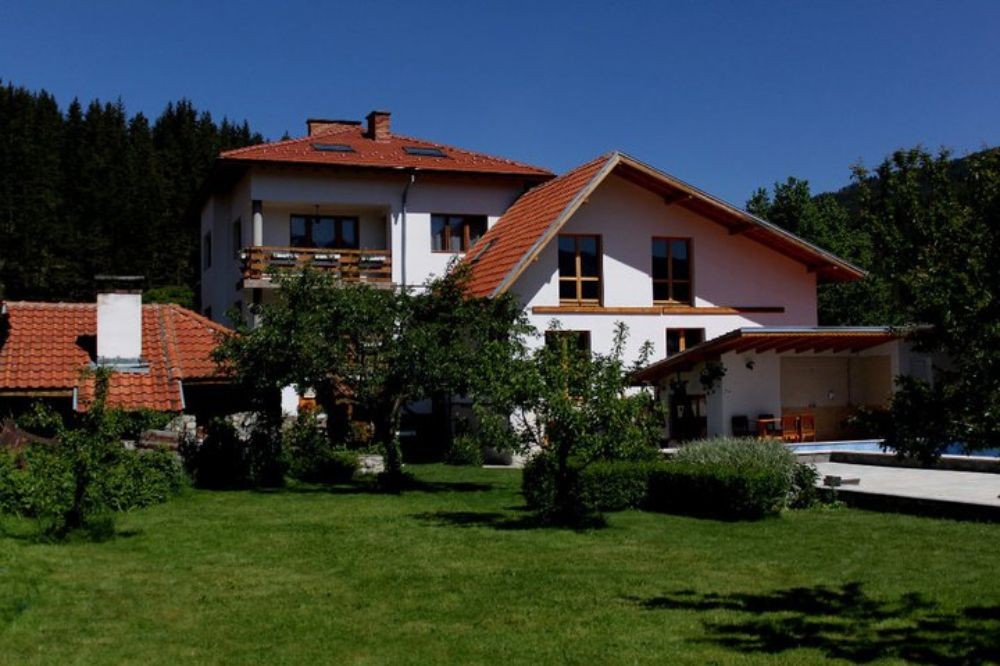
"We are glad that our "Green House" initiative is still alive, which certifies small places of accommodation closer to nature, offering authentic experiences and preserved traditions", says Eleonora Yosifova, president of the Bulgarian Association for Alternative Tourism. "People are already paying attention to these labels. And when we launched the initiative in 2008, it was exotic for them. Now, many places of accommodation are implementing environmental practices related to the reduction of the carbon footprint. For example, tour operators have also started to advertise they encourage combined travel by train and bicycle, not necessarily by a private car, etc. For foreigners, this is a normal practice, but more and more Bulgarians are starting to travel this way."
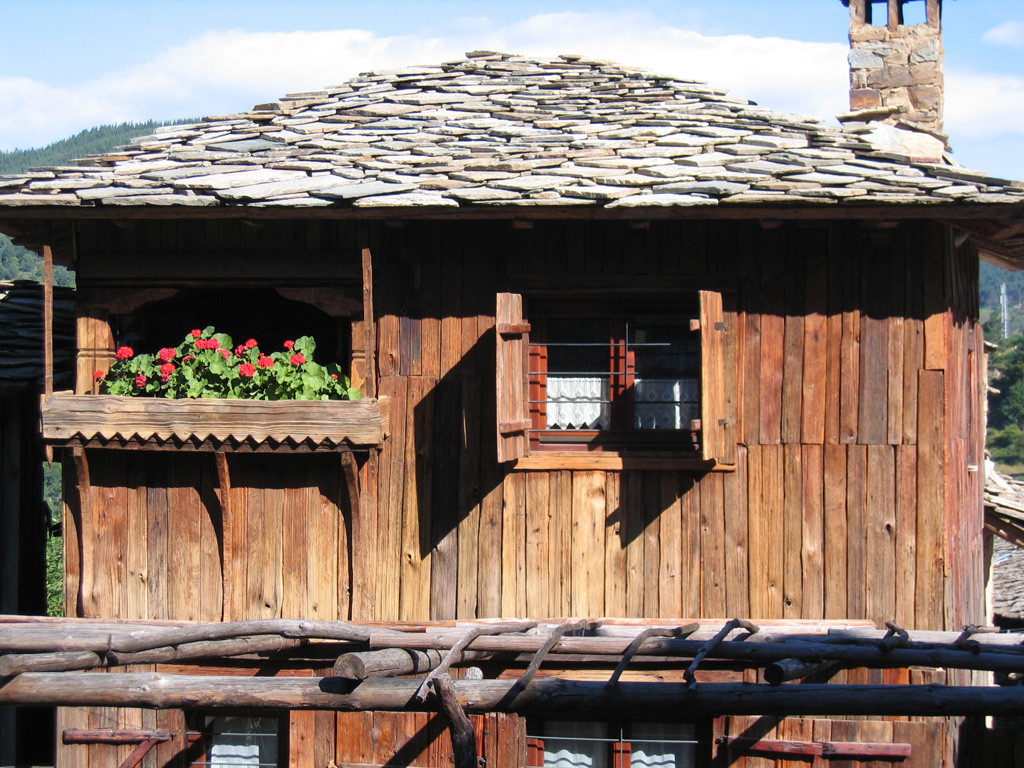
On average, the occupancy of rural tourism sites in Bulgaria has increased by 7% over the last year, and 75% of all reservations are made thanks to active online advertising, according to a study by the Association of Bulgarian Villages.
Bulgarians and foreigners are ready to allocate more funds from their budget and not stay in a hotel, but for example in an eco-house made entirely of wood with a large agricultural yard or even in a farm whose owners introduce them to their daily life. The idea is to travel slowly but rest actively.
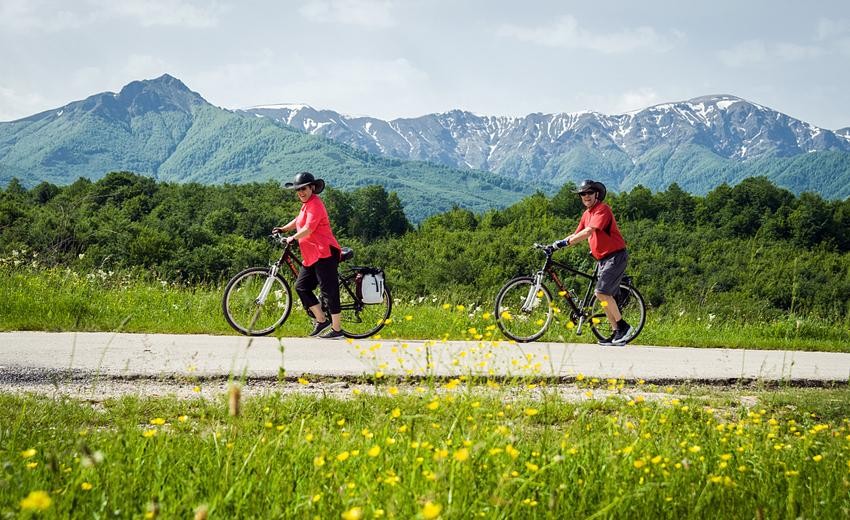
There is almost no region in Bulgaria where high standards in rural tourism are not offered. Such as Stara planina Mountain and especially the surroundings of towns such as Karlovo, Troyan and Elena. Fans of nature-friendly vacations also choose the Rhodopes, especially the villages around Smolyan, Kardzhali and Velingrad.
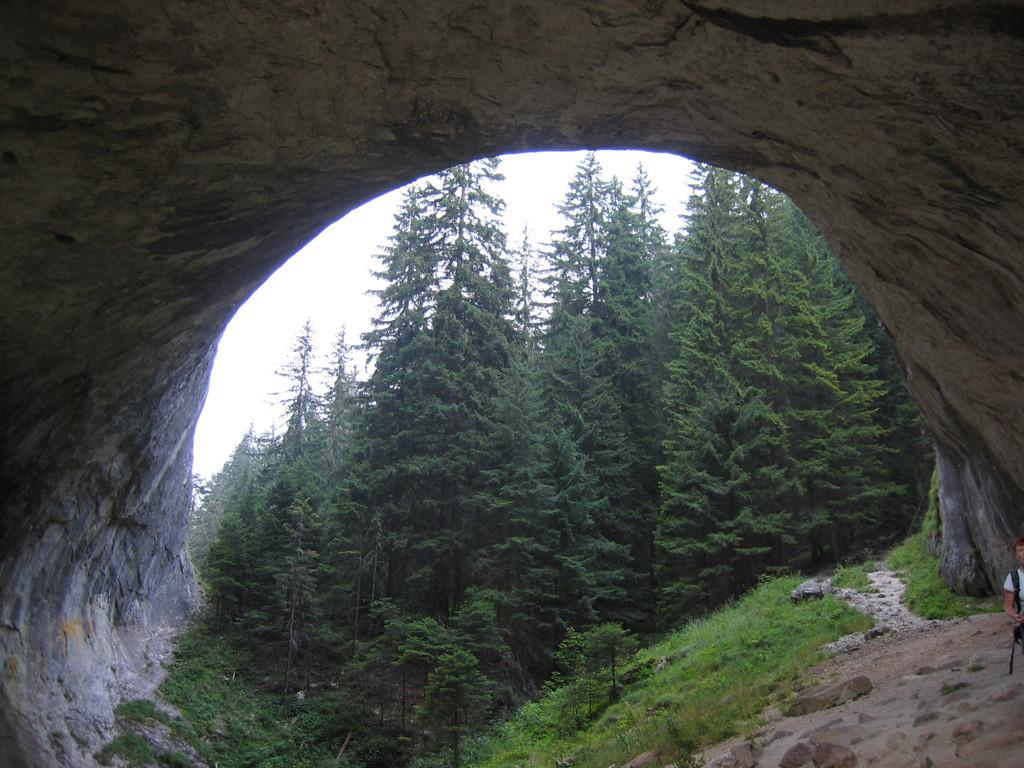
"In the Rhodopes, we all know how many things you can do. The traditions are preserved there. More and more attention is paid to the cuisine, so that people can taste real products from Bulgaria. And I'm glad that the traditions have been preserved. The young people come back and stay there. Some of them are developing eco, adventure and rural tourism by renovating former family hotels or their grandmothers' houses and offering services in line with sustainable tourism trends," Eleonora Yosifova told Radio Bulgaria.
Horse riding, photo-hunting, kayaking, rock climbing, learning local crafts and what not, diversify the stay of the guests. But there are also less popular destinations worth exploring:
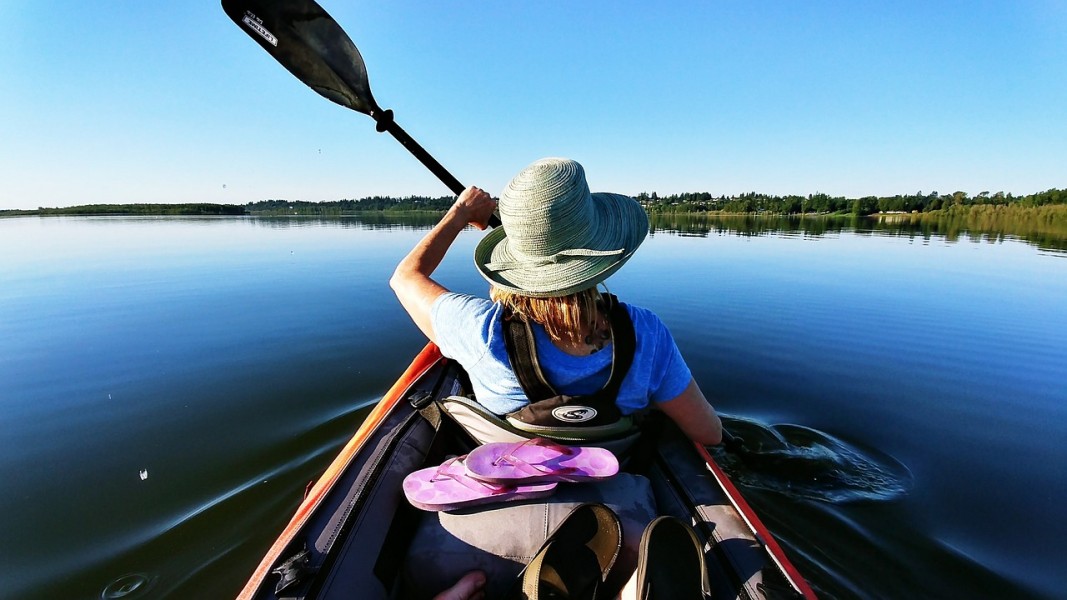
"In Northern Bulgaria, there seems to be a slight delay in the development of alternative tourism, but there is great potential in terms of cultural and culinary heritage, as well as crafts. This is the case with the Danube River region, where cycling is increasingly being promoted, as the European cycle corridor "Euro 6" passes through it, so we would be happy to see both municipalities and guest houses invest more and more efforts to welcome tourists with bicycles. And their cuisine, including their fish specialties, is very specific and not yet well known even here," Eleonora Yosifova said in conclusion.
Read also:
Photos: baatbg.org, pixabay, penguintravel.com
The Dolphinarium in Varna is once again welcoming visitors. Starting today, it will offer three shows daily throughout the summer season, reported BGNES. Children will be greeted by Dolly, Yoanna, Bimbo, Kimbo and Flipper, who perform high..
The Rhodope Municipality of Ardino announced that it has begun preparing its candidacy for participation in the fifth edition of the UN World Tourism Organization's "Best Tourist Villages" initiative . The idea of the international..
The official start of the summer tourist season will be given on May 31 in Bulgaria's coastal resort Pomorie . By choosing the host city, the Ministry of Tourism focuses on promoting a diverse and sustainable tourist product, combining natural..
The Rhodope Municipality of Ardino announced that it has begun preparing its candidacy for participation in the fifth edition of the..
The Dolphinarium in Varna is once again welcoming visitors. Starting today, it will offer three shows daily throughout the summer season, reported..

+359 2 9336 661
